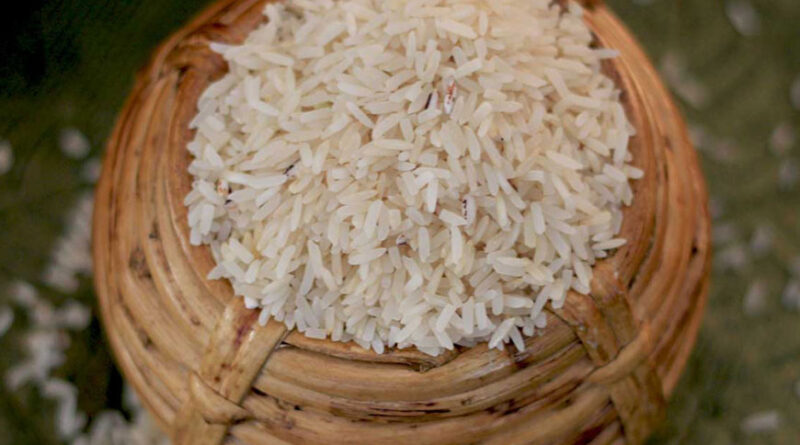North Bengal’s ‘king of rice’ Kalonunia gets GI tag
The ‘Kalonunia,’ renowned as the ‘King of Rice’ in North Bengal, has received the Geographical Indication (GI Tag), joining the ranks of Govinda Bhog and Tulaipanji, two fragrant rice varieties from the state that recently obtained GI status. R Vimala, the District Magistrate of Alipurduar, expressed pride, stating: “Along with the farmers of the entire state, we are also proud today. This rice is the wealth of Alipurduar, Jalpaiguri, Cooch Behar, Darjeeling, and Kalimpong. It has traditions and cultural dignity, and this recognition will facilitate its marketing worldwide. We hope this recognition will increase the promotion of ‘Kalonunia’. We are very happy.”
Darjeeling tea was the first in the country to receive GI status. Sumeet Basak, Deputy Director of Alipurduar district, stated: “Currently, about 1500 bigha of land is being cultivated in Alipurduar district. Due to the GI tag, there is a possibility of an increase in production and price. Several Farmer Producer Companies (FPCs) in the district have been encouraged to grow Kalonunia. Cultivation is done using organic fertilizers, keeping production costs very low.”
Kalonunia is one of the oldest indigenous aromatic rice varieties adopted in districts of North Bengal. The term ‘Kalo’ means black, and ‘Nunia’ represents an indigenous variety of rice in Bengali. The paddy field of Kalonunia appears entirely black, unlike the golden color of normal paddy fields. As a fragrant rice variety its price is higher than normal rice, selling for Rs 100-120 per kg. It features medium-slender grains, an average length of 5.3 mm, and cooked rice that is tasty, good in texture, bright in appearance, non-sticky, and friable.
This article has been republished from The Millennium Post.

